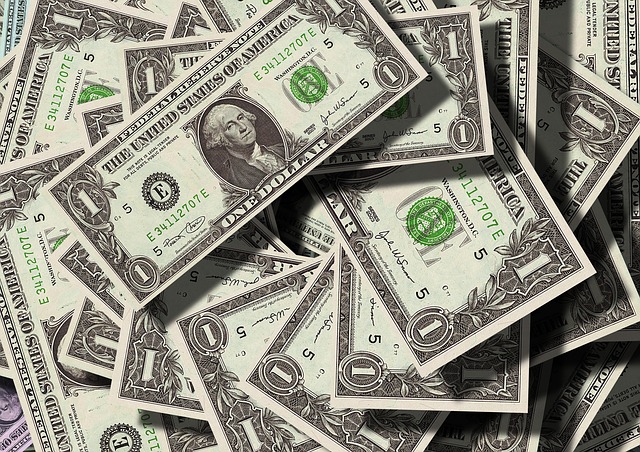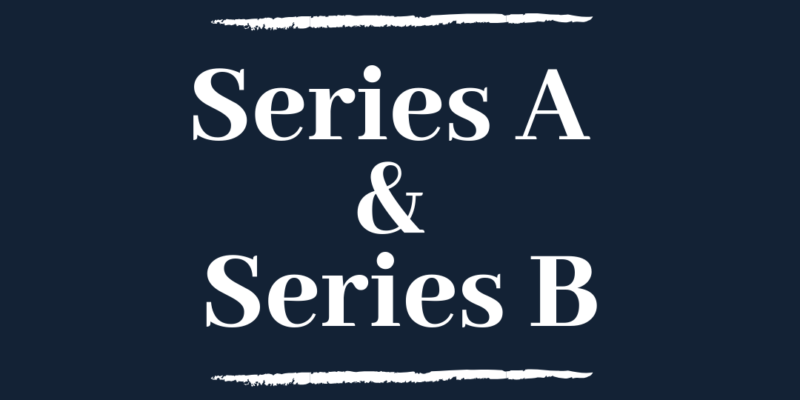What is Series A funding?
If you’d like to know more about the 5 stages of startup funding you can read our detailed article.
The first round of funding is known as the Series A. During this round, the startup business receives funds from a venture capital firm. It is important at this stage that a plan on the development of the business model is made so long-term profit can be generated. This plan is usually called the business plan.
As a rule of thumb, for VC’s to get involved the business must have a proven business concept.
At this stage, the investors look for companies that have great ideas and have a strong strategy to turn that idea into a successful, money-making business.

How much money is involved in a series A funding round?
As compared to the seed round, the investment in series A is usually $2 million to $15 million or higher. Therefore, investors look for more substance than they required in seed funding.
Getting the first investor is essential. This leads other investors to fall into line. However, if at some point that first investor drops out then it can be devastating since other investors may
Series A Valuation:
- Proof of the concept.
- Progress made with the seed capital funding.
- Size of the Market.
- Risks that are involved.
What is Series B Funding?
Once the companies have gone through seed and Series A funding rounds they have proven to the investors that they are prepared for success on a larger scale. In Series B funding, the use of capital raised is to grow the company so it can meet the levels of demand. Series B rounds are about taking the businesses to the next level. At this stage, the service is being sold in the market and the company needs funds in order to scale up, face competitors, and grow market share.
How much money is involved in a Series B funding round?
The series B funds usually come from the same investors that had led the previous round. Since each round has its own valuation for the startup, it is common that the previous investor reinvests in order to ensure that their investment is still significant. The round is usually between $7 million and $10 million and the companies can expect its own valuation to be between $30 million and $60 million.
Series B Valuation:
- Performance of the company.
- Revenue forecasts.
- Assets.
Series A and Series B
In terms of the processes and key players Series B appears to be similar to Series A. In Series B many investors are the same as they were in Series A. However, the difference in Series B is that there is an addition of a new wave of other venture capital firms that specialize in the later investment stage.







